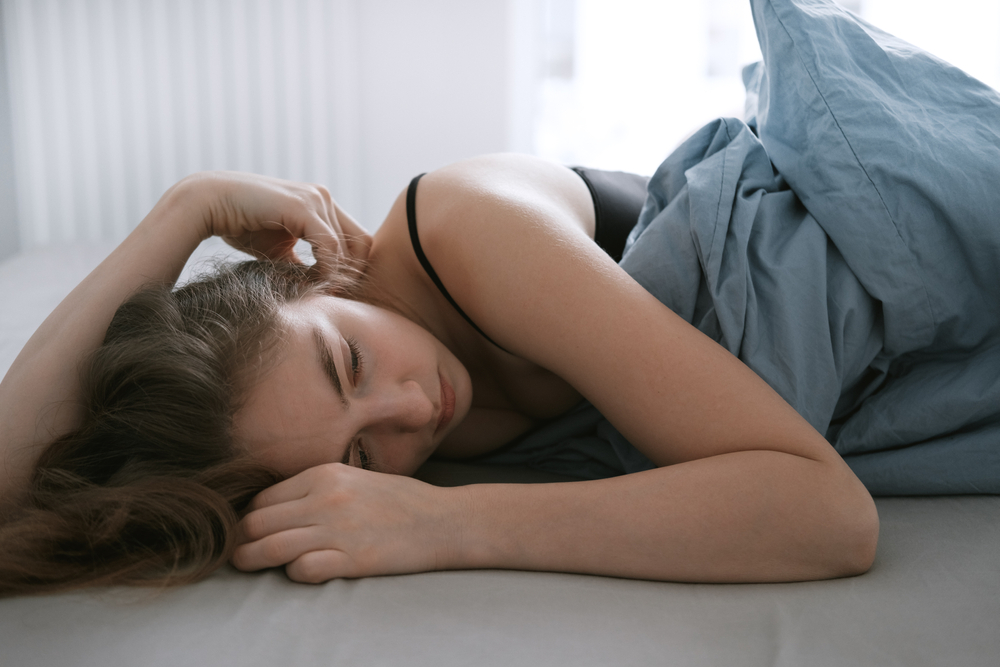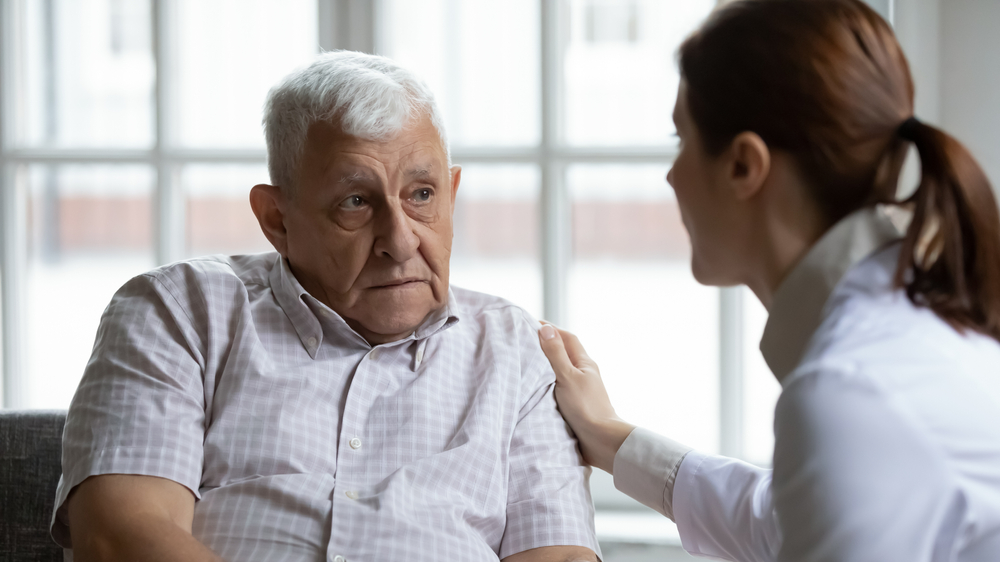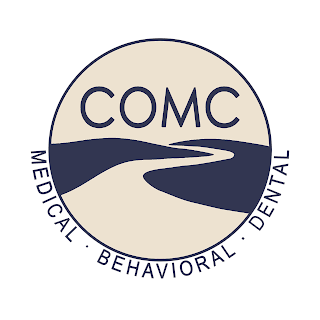Seasonal Affective Disorder (SAD) is considered a type of depression. But it is generally only experienced on a seasonal basis, usually during the fall and winter months. It seems to be directly linked to the effect of having fewer hours of daylight and less exposure to sunlight in the winter. As with other forms of depression, SAD can be a hindrance to a person’s daily functioning if left untreated. But help is available at Central Ozarks Medical Center. So today we wanted to talk to you about SAD, what it looks and feels like, and what can be done about it. If you are interested in learning more about Seasonal Affective Disorder and how to overcome it, read on!
Symptoms
The symptoms of SAD fall in line with the symptoms of most types of depression. Along with feeling sad, you may have changes in appetite, usually leading to eating more and loading up on carbs. You might feel less energy or feel like sleeping all the time. You might be struggling with your self-worth or feeling guilty, some people have difficulty with decision-making, concentrating, or focusing. In severe situations, some people even think about death or suicide.

Treatment
There are several different treatment techniques for SAD that are effective in improving symptoms for patients. The first and easiest step is to get more exposure to sunlight. Get outside at least 20 minutes a day, sit near the window when you’re working indoors, do everything you can to get more sunlight exposure. If that is not possible or is not enough, you might ask your therapist about light therapy or a light therapy box. Different types of talk therapy may also be helpful for SAD. Your mental health therapist in Osage Beach, Camdenton, or Richland will have insight as to what may work best for you. The main thing is that you seek help, and don’t try to just power through it on your own. It is possible that some of your symptoms may be related to other physical or mental issues, and if that’s the case, seeking help can help you obtain a diagnosis which can then lead to treatment and potential improvement. Sometimes, anti-depressants may be prescribed to help with chemical imbalances causing or caused by SAD.

Self Care
There are also a few things you can do to help yourself get through this time. First, don’t isolate yourself, make it a point to interact with people who you trust and are comfortable with, and if you have someone you can confide in, do so. Avoid suffering alone in silence, as that can make you feel even worse. Be careful about how much you take on and be realistic when setting goals so as not to overwhelm yourself. Try your best to eat well-balanced, healthy meals with less sugar and processed foods. Avoid drugs and alcohol, and exercise regularly. Pay attention to everything that makes you feel better and do it … maybe going to a movie, doing something to help others, or working on a hobby you love. Finally, keep in mind that people don’t just snap out of depression like turning on a light switch. Usually, it is a process that gets better over time. Try to stay focused on the positives and recognize the incremental gains and use them to empower you to keep trying.

We hope you found this information helpful and encourage you to get help if you are experiencing any of these symptoms. It is not a sign of weakness; in fact, it is a sign of empowerment. At Central Ozarks Medical Center we are here for you for all of your medical, dental and mental healthcare in the Lake of the Ozarks area. Reach out to us anytime to schedule an appointment to see how one of our therapists can help. To stay informed with all our latest tips and information about healthcare in mid-Missouri, follow us on social media using the links below!
Central Ozarks Medical Center
Keeping Lack of Insurance From Being a Roadblock to Quality Healthcare

Like us on FacebookFollow us on TwitterConnect with us on LinkedIn
Serving Camdenton, Laclede, Pulaski, and Miller Counties
